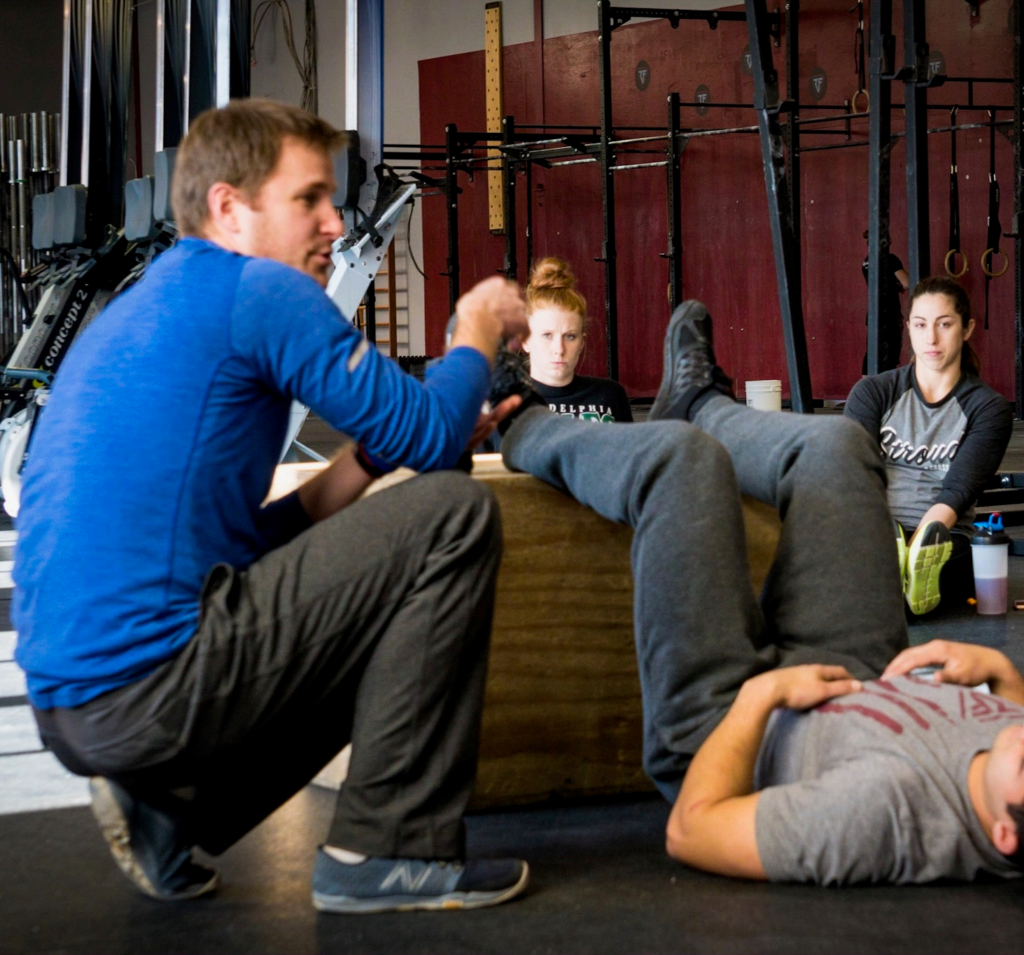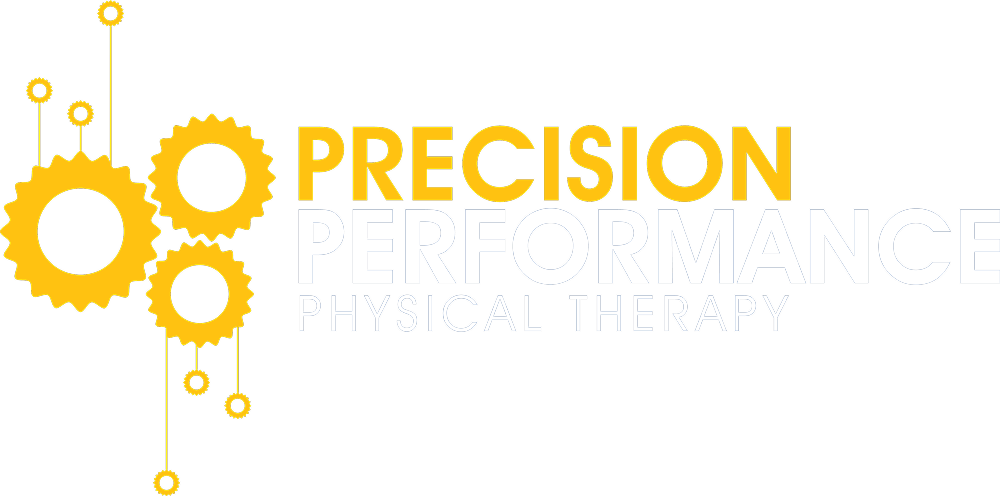How to Make the Most Out of an Exercise Science Degree When You Graduate

Working toward or just graduated with an exercise science degree? Here, we explain how to make the most out of your degree and land the job you want. Below are some recommendations we outline for new grads:
Internships
There are so many paths you can take with an exercise science degree. Choosing the one for you can be an overwhelming decision. We have found that students who work internships have a better understanding of the type of work they want to do after graduating with an exercise science degree.
Along with specific courses, your school is going to require you to do internships or field experience. We recommend you take advantage of the time you are in school by accepting different internships or shadowing people in various settings. Maybe you do one internship in a personal training studio and another in a PT office. Hands on education is the best way to learn what you like or don’t like and what you’re good at.
Find a Mentor
One of the most underrated secrets to success in this field is a mentor. A mentor can help connect you with a circle and be there to guide you on your journey. Find someone who is experienced in the exercise science area you would most like to pursue. The right mentor will help you grow physically, mentally, and professionally.
Certifications
To get a job as a trainer or as a physical therapist, you may need some prerequisites. One prerequisite is a certification. There are a ton of certifications out there, but we recommend certifications with the National Strength and Conditioning Association when starting. NSCA certifications are good general certifications that allow you to do training in collegiate and private settings. The process of obtaining the certification will help teach you important aspects of exercise science.
Take Advantage of Your Network
Once you get your certification, you should start applying for jobs. We recommend reaching out to the network you established during internships or mentorships. Don’t be afraid to reach out and ask if they know of job openings in the field or if they can connect you with anyone who may be able to help on your path. If you don’t land a full-time job right away, don’t sweat it. Ask if you may be able to do more shadowing or another internship. The more experience, the better.
Reps, Reps, and More Reps
The most important step to beginning this process is becoming a student of movement. Get time under your belt learning and coaching. We hear people say they wish they’d spent more time learning basic movement patterns. A lot of the knowledge we have in training, strength, and conditioning comes through reading and applying what we learned personally. Nobody expects a new grad to come out and kill it with the programming or queuing. If you can enter the field and be able to watch, assess, and correct moves, you will already be ahead of the game.
Be Patient
Like any other competitive field, finding work can be challenging- you have to earn it. We’ve seen a lot of students try to start in the field, but they lack drive and hustle, so they end up switching careers. Any experience is going to be what you make of it, especially in the beginning. Nine times out of 10, the situation is not going to be ideal, but with that experience comes a lot of learning and growing. In each new situation, you’re learning more about what you like and what you don’t, what roles appeal the most to you, and what you’re best at. Put in the work, and you’ll get where you want in this industry.
If you want more information or want to hear an in-depth discussion of what to do when you graduate with an exercise science degree, check out our podcast episode here: https://soundcloud.com/training_room_talk/episode-2-what-to-do-after-graduating-with-a-degree-in-exercise-science
